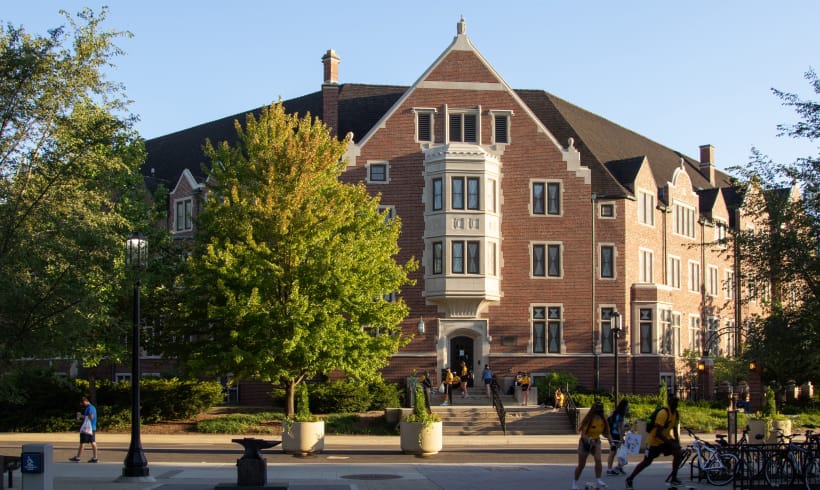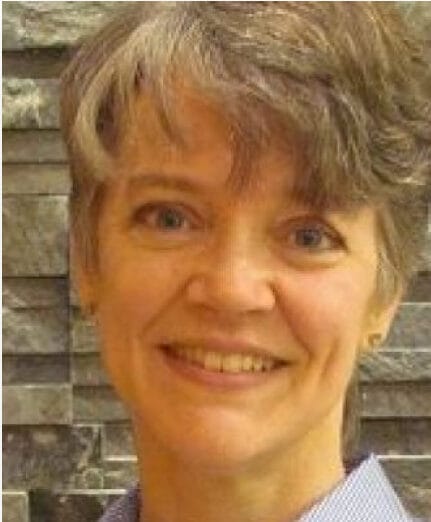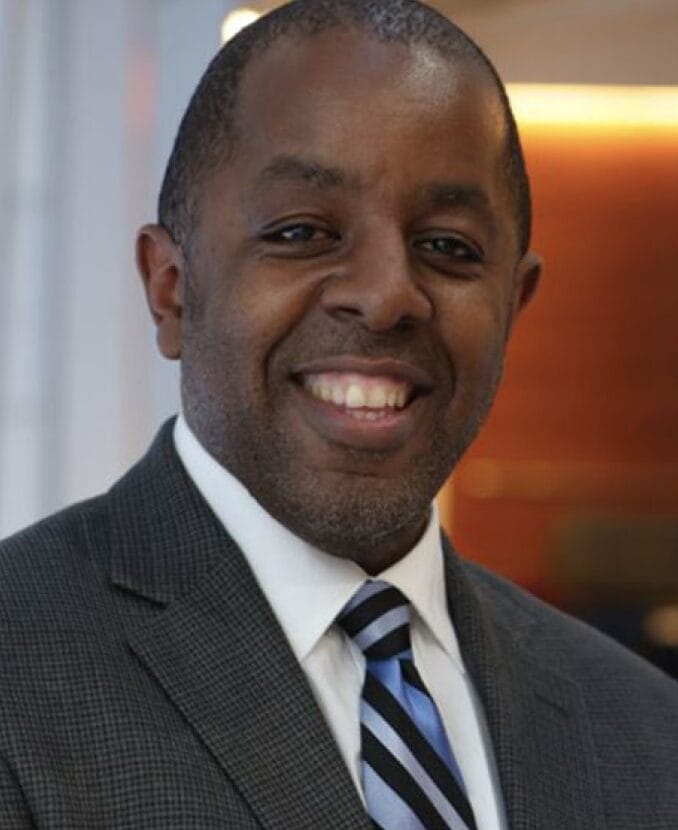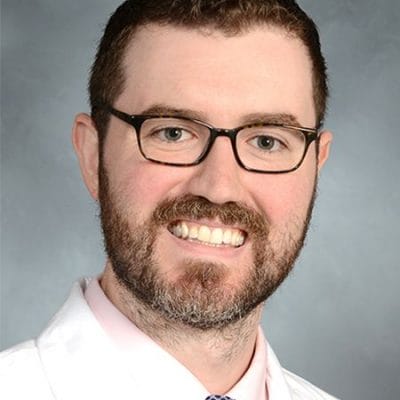Current Research

The vision of the Cornell Center for Health Equity is to nurture durable academic-community partnerships to inform our research agenda, integrate community perspectives into our research, and develop an infrastructure to disseminate and implement the results of our work with the overarching goal of achieving health equity locally, regionally, and nationally.
-
Racial disparities in access to the non-emergency Medicaid transportation benefit and implications for patient outcomes
Jamila Michener, PhD
Sponsor
National Institute on Minority Health and Health Disparities
Timeline
July 2022 – June 2023
This NIMHD funded R01 is a mixed methods study led by center Co-Director and MPI Dr. Michener and includes a Center team of coinvestigators including Drs. Will Schpero (MPI), Martin Shapiro, and Arnab Ghosh. The overall goals of this project are to describe who uses Medicaid’s non-emergency medical transportation (NEMT) benefit, how use and disparities in use correlate with state-level NEMT program design, how eligibility and use correlate with patient outcomes, and barriers to use for populations most likely to have transportation needs to access care. The idea for this project emerged from a brainstorming discussion at a CCHEq symposium.
-
Disparities in the diffusion of direct-acting antiviral therapy for hepatitis C among Baby Boomers: a mixed-methods study
Martin Shapiro, MD, PhD
Sponsor
National Institute of Diabetes and Digestive and Kidney Diseases
Timeline
July 2022 – June 2023
This NIDDK-funded R01 led by center member Dr. Martin Shapiro and includes center members Bruce Schackman, Elaine Wethington, and Chris Gonzalez. The project uses national Medicare and Medicaid data sets to describe variations in hepatitis C screening and treatment in the Baby Boomer cohort. It also assesses the contribution of patient and provider factors in shaping disparities in diagnosis and treatment of hepatitis C, using focus groups and surveys.
-
The Reasons for Geographic And Racial Differences in Stroke
This large NHLBI-funded R01 was refunded in 2022 with an annual direct cost budget of $1.4 million, in the same range as a P-series grant. It is led by CCHEq Co-Director Dr. Monika Safford (recipient MPI) and engages Duke University (Barret Bowling, MPI) and the University of Alabama at Birmingham (Emily Levitan, MPI). The project is the 4th funding cycle for the REGARDS-MI ancillary study to the large national REGARDS cohort that includes over 30,000 Black and White community dwellers from all over the lower 48 US states. Recruitment was conducted between 2003-7 and follow-up is ongoing, with rigorously adjudicated CVD and cause of death outcomes. The data set has been linked to numerous external data sets including the U.S. Census and Medicare data, offering a platform for a wide panoply of health equity observational studies that offer research opportunities for students, trainees, fellows, and junior faculty. CCHEq members Parag Goyal, Maddie Sterling, Laura Pinheiro, Arnab Ghosh, Samprit Banerjee, and Arindam RoyChoudhury are coinvestigators on this large grant. Funding is provided for three fellows each year, one at each partnering institution. WCM’s fellow is folded into the Cornell-Hunter Health Equity Research Fellowship program. New in this cycle is a commitment to community engagement, and the infrastructure of the CCHEq is an invaluable resource as we hone a model of community engagement to strengthen the impact of our work.
-
Center for Social Capital
Rulla Tamimi, MD
Erica Phillips, MD
Sponsor
National Cancer Institute
Timeline
July 2022 – June 2023
This NCI-funded U54 was funded in spring 2023 and is led by CCHEq members Drs. Rulla Tamimi and Erica Phillips. Other participating sites include the Columbia Schools of Nursing and Public Health, and SUNY Downstate Health Sciences University. The center is one of five funded by NCI and focuses on four persistent poverty neighborhoods in NY City. The center’s projects include one led by Dr. Phillips which will implement a cancer education and social justice curriculum among middle school students at ten NY City public schools. The second project is led by Dr. Alicia Matthews from Columbia’s School of Nursing and focuses on tobacco cessation at Federally Qualified Health Centers. CCHEq member Dr. Laura Pinheiro will co-lead the center’s methods core. The relationships forged through CCHEq activities were an essential element of the success of this proposal.
-
New York Community-Hospital-Academic Maternal Health Equity Partnerships
Monika Safford, MD
Lauren Osborne, MD
Sponsor
Eunice Kennedy Shriver National Institutes of Child Health and Human Development
Timeline
July 2022 – June 2023
The Eunice Kennedy Shriver National Institutes of Child Health and Human Development awarded $24 million in first-year funding to establish ten Maternal Health Research Centers of Excellence in 2023, and WCM was a partnering organization in securing one of these prestigious grants through a U54 mechanism. Part of NIH’s Implementing a Maternal Health and Pregnancy Outcomes Vision for Everyone (IMPROVE) initiative, the centers will develop and evaluate innovative approaches to reduce pregnancy-related complications and deaths and promote maternal health equity. The NY-CHAMP Center includes multi-PIs from Columbia University (recipient organization) and WCM (CCHEq Co-Director Dr. Monika Safford and CCHEq member Dr. Lauren Osborne are MPIs and lead the Center’s signature trial to improve post- partum depression and cardiovascular health), four community organizations (Black Women’s Blueprint, Caribbean Women’s Health Association, Northern Manhattan Perinatal Partnership, and The Bridge), and a coalition of multisector participants. The broad goal of the NY-CHAMP Center is to upend the maternal healthcare ecosystem in NY City and NY State by establishing a sustainable, highly collaborative infrastructure for community-centered maternal health science. The CCHEq’s community engagement core, education core, seminar series, and symposia were integral strengths contributing to the success of this U54 application.
-
COMMUNITY Center
The Improve Chronic disease Outcomes through Multi-level and Multi-generational approaches Unifying Novel Interventions and Training for health EquitY (COMMUNITY) grant is funded by the National Institute on Minority Health and Health Disparities of the National Institutes of Health through a P50 mechanism. The COMMUNITY Center is a collaborative research center that aims to address the drivers of multiple chronic diseases that disproportionately affect African American and Hispanic/Latinx families in NY City. The Center supports training opportunities, community partnerships, research into sustainable public health interventions, and sharing of health resources to promote health equity. The collaboration includes Columbia Irving Medical Center (recipient organization), Hunter College-City University of New York, New York Presbyterian Hospital System, Physician Affiliate Group of New York, WCM (multi-PI includes Associate Core Co-Director Dr. Erica Phillips) and a network of community partners who are committed to fostering community wellness. The COMMUNITY Center vision is rooted in public health which recognizes that medical advances alone can only partially reduce the burden of disease and that reducing health disparities in chronic diseases requires improving the health and wellness of individuals, families, communities, and societies throughout the lifespan.
-
Diversity Center of Excellence
WCM competed for a Diversity Center of Excellence (DCoE) which was funded from 2018-2022 and led by Drs. Susana Morales and Monika Safford. This funding created an infrastructure for many programs that continue with philanthropic support since the grant period ended, many of which are detailed above in the Education Core update. The renewal application received a near perfect score, better than the initial application’s score, but was not funded. Plans are underway to compete for a renewal at the next funding opportunity, anticipated in 2026.
Importantly, the funding of the DCoE allowed WCM to compete for the T32 in Primary Care Research. A requirement to be permitted to submit an application was a currently funded DCoE or HRSA T32.
-
Cornell-Hunter Health Equity Research Fellowship
Monika Safford, MD
Martin Shapiro, MD, PhD
Sponsor
Empire Clinical Investigator Research Program (ECRIP)
Timeline
July 2022 – June 2023
This HRSA-funded training program is a collaboration between WCM and CUNY-Hunter College, developed and led by Program Director Dr. Monika Safford and Co-Associate Program Directors Drs. Martin Shapiro of WCM and Dr. Christopher Braun of CUNY-Hunter College. Anchored by a HRSA T32 in Primary Care Research, the program is also funded by the Dean’s office and the Empire Clinical Investigator Research Program (ECRIP), as well as other funding sources. It provides postdoctoral training for eight health equity-focused research trainees in primary care, inpatient care, and health services research. The program deepens trainees’ understanding of inequities in health care, local and international healthcare delivery systems, epidemiology of disease, and interventions to improve health outcomes. Aside from offering professional development seminars such as grant writing, the Primary Care Seminar Series to learn about junior and senior faculty career trajectories, and the Evidence Based Clinical Review to keep fellows and faculty informed about ongoing research, the program has integrated a new skills-based seminar series including topics such as financial planning and mentor management. The cornerstone of this training program is mentored research, with each fellow engaging a team of mentors composed of a clinician researcher, a PhD social scientist, and a junior faculty mentor. Each fellow develops their own research projects, with a goal of completing two over a two- to three-year fellowship, and an eye toward developing a career development award for submission in the first year of their faculty appointment. Many clinical fellows enroll in one of WCM’s Masters programs to establish a foundation of research skills. Graduates of this program have moved on to independent research careers with NIH-funded K awards as well as subsequent R01s.
-
Making Numbers Meaningful-Improving Evidence-Based Communication of Numbers in Health

Jessica Ancker, PhD, MPH
Sponsor
National Library of Medicine (NIH)
Timeline
September 2018-May 2023
Laboratory results, health risk information, environmental indicators of air and water quality. People increasingly have access to massive amounts of data, which could potentially help them understand and manage their health conditions. However, numbers are extremely difficult for many people to understand, and low numeracy is especially prevalent among individuals with less education. That means without assistance, many if not most of our patients will not benefit from this flood of data. Fortunately, a growing body of evidence is available from the psychology, education, and medical literature about how to format and explain numerical information to patients. In this 4-year project, we are collecting and organizing the evidence through a systematic review, and building an online environment to help writers and web developers apply it to their documents and products. The long-term goal is to ensure that medical and health data is always presented in a way that all of our patients can understand and use.
-
WCM Catchment Prostate Cancer Health Impact Program (pCHIP)

Joseph R. Osborne
Sponsor
Dean’s Health Disparity Research Award
Timeline
July 1, 2019-June 30, 2020
Prostate cancer is the most common cancer in the world among men, with significant racial/ethnic disparities in treatment and survival observed. Our project focuses on AA men (a racial group that has the lowest prostate cancer survival rates in New York City, State, and the US) and H/L men (an ethnic group that is less likely to receive therapy for prostate cancer compared to Whites, even when they have more aggressive disease) in the NYPH Brooklyn/Queens catchment. Evidence from randomized clinical trials support the efficacy of decision navigation, with navigated patients showing greater confidence in their decisions about cancer treatment and less regret, both after initial consultation and follow up, when compared to patients in the control group [1, 2]. Despite this evidence supporting decision navigation as a feasible, acceptable, and effective strategy among newly diagnosed men with prostate cancer no studies to our knowledge have specifically focused on DNI among AA and H/L men. Therefore, our team has an opportunity to not only improve access for this group but also pioneer a proven methodology among this vulnerable population. Our study will explicitly identify the influences of shared decision makers along the cancer continuum, which is crucial for elucidating potential social and contextual factors that may contribute to disparities in prostate cancer treatment and prognosis among AA and H/L men. If successful, our proposed intervention has widespread applicability to the treatment of other cancers (e.g. colorectal cancer) that are prevalent among racial/ethnic minorities.
-
Exploring The Impact of Technology to Address Workflow, Training, and Equity Issues Faced by Home Health Aides Caring for Adults with Heart Failure


Madeline Sterling, MD, MPH
Nicola Dell, PhD
Sponsor
Sponsor Robert Wood Johnson Foundation
Timeline
September, 2019- September, 2021
Home health aides often serve as the eyes and ears for patients in the home, but few studies and interventions have focused on their contributions to patient care. In heart failure, a chronic disease that requires a high degree of self-care, home health aides assist patients frequently (they weigh them, prepare low salt meals, remind them to take medications, etc.), but the majority have not received training on the disease and often have trouble reaching other members of the healthcare team by phone when they try to report clinical changes in the field. Dr. Madeline Sterling (Assistant Professor of Medicine, Weill Cornell Medicine) and Dr. Nicola Dell (Assistant Professor, Cornell Tech) think that technology could help.
Drs. Sterling and Dell, both members of the Cornell Center for Health Equity, were awarded a two-year grant from Robert Wood Johnson Foundation to examine how technology impacts home health aides’ workflow while caring for patients with heart failure in the community. In addition, they will examine ways in which technology could improve training and equity among this workforce. The 2-year grant is part of an RWJF initiative exploring how technology’s impact on infrastructure could help or hinder efforts to improve health equity in the United States.
This project will be carried out with 1199SEIU – Home Care Industry Education Fund of the 1199 Service Employees International Union (SEIU) United Healthcare Workers East — the largest healthcare union in the nation. The Home Care Education Fund is led by Faith Wiggins, who is a member of the Cornell Center for Health Equity. -
Understanding Racial and Ethnic Differences in Utilization of Hematopoietic Cell Transplantation for Hematologic Malignancies

John Vaughn, MD
Sponsor
Dean’s Diversity and Healthcare Disparity Research
Timeline
July 1, 2020 – June 30, 2021
Hematopoietic cell transplantation (HCT) is a potentially life-saving therapy for many diseases including hematologic malignancies, bone marrow failure syndromes, autoimmune disorders, and other hereditary disorders. However, past work has shown that Non-Hispanic Black (NHB) and Hispanic patients are significantly less likely to receive HCT than Non-Hispanic White (NHW) patients for leukemia, lymphoma, and multiple myeloma. The reasons for these patterns are not well-understood. We therefore propose a mixed methods study to understand the reasons for these differences in utilization and to identify barriers and facilitators to transplantation among racial/ethnic minorities. The conceptual framework for our proposal is the Andersen model of healthcare utilization, a well-established framework for understanding both individual and societal determinants of healthcare utilization. Specific Aim 1 will identify contemporary racial differences in utilization of autologous HCT in the linked Surveillance, Epidemiology, End Results (SEER)-Medicare database, controlling for determinants of health services utilization. The SEER-Medicare database is a valuable tool for following a large subset of cancer patients in the United States through diagnosis and treatment of their cancer. Specific Aim 2 will identify barriers and facilitators to HCT from the patient’s perspective using semi-structured interviews. We will conduct interviews at NewYork-Presbyterian Weill Cornell Medicine (a high-volume transplant center) and Brooklyn Methodist Hospital (a community referral source). By identifying predictors of HCT utilization and barriers to transplantation among NHB and Hispanic patients, we will provide critical information needed to develop interventions to improve utilization of HCT for these patients.
